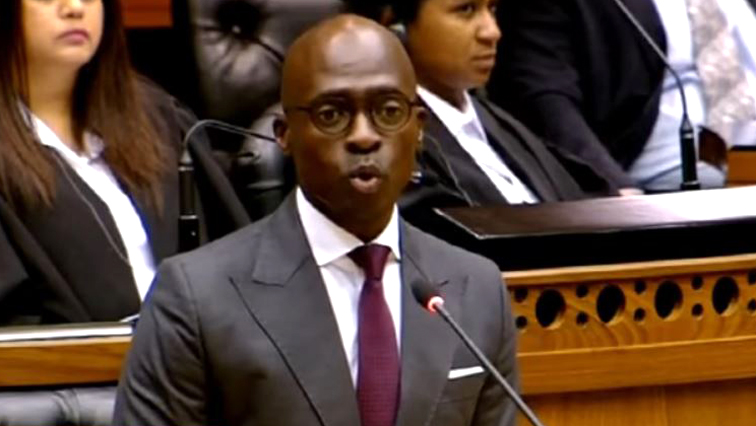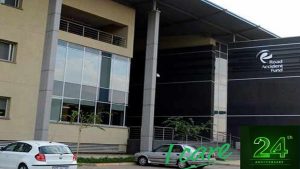The National Union of Metalworkers of South Africa (Numsa) has rejected the proposed increases in value-added tax, the fuel levy and road fund levy, saying these hikes were an attack on the working class and the poor.
Former Finance Minister Malusi Gigaba last week announced a one percentage point rise in VAT from 14% to 15%, the first adjustment in 25 years.
Gigaba, who has since been moved to the Home Affairs Ministry, said the general fuel levy and Road Accident Fund levy would also increase by 22 cents and 30 cents, respectively from 4 April.
Numsa, which represents over 360 000 metalworkers, appeared before Parliament’s standing and select committees on finance on Wednesday to make submissions on the 2018 fiscal framework and revenue proposals in the 2018 Budget.
The union said all the proposed increases were coming at a time when working class families were still trying to cope with a five percent rise in tariffs by power utility Eskom, and that higher social grants also announced in the budget would do very little to offset the damage.
“The proposals demonstrate that the state cares more about protecting white wealth and the interests of white monopoly capital, than protecting the poor and the working class,” says Numsa’s spokesperson Phakamile Hlubi-Majola.
“The fuel levy and Road fund levy increases will affect not only those travelling by car or taxi. These levy increases will affect the cost structure of transport and logistical companies that are delivering food, clothes, appliances and other goods. Hence, these items might also experience a spike in prices, and subsequently, working class consumers will be negatively affected.”
Hlubi-Majola says the governing party was pursuing “a diligent, effective and ruthless attack on working class families by promoting disastrous neoliberal capitalist policies”.
Opposition political parties and other civil organisations have also raised their concerns about the VAT increase, saying it will hit the poor the most despite South Africa having zero-rated food items.
Click below to watch related video:






